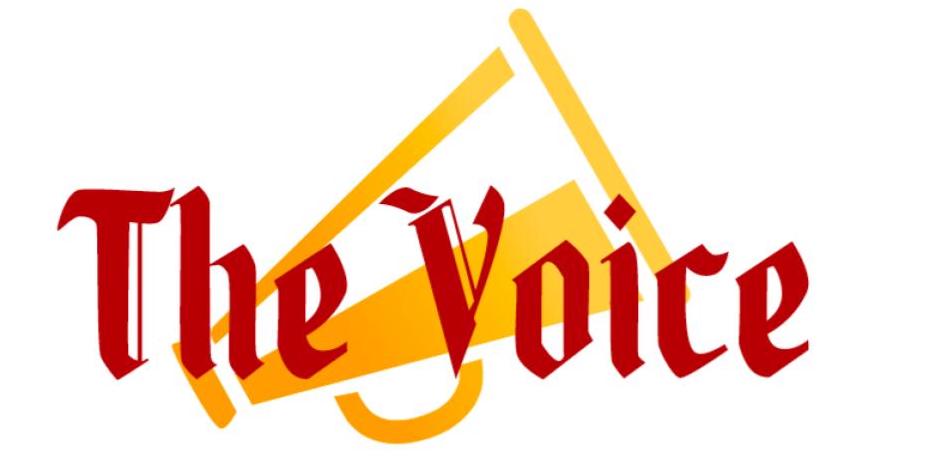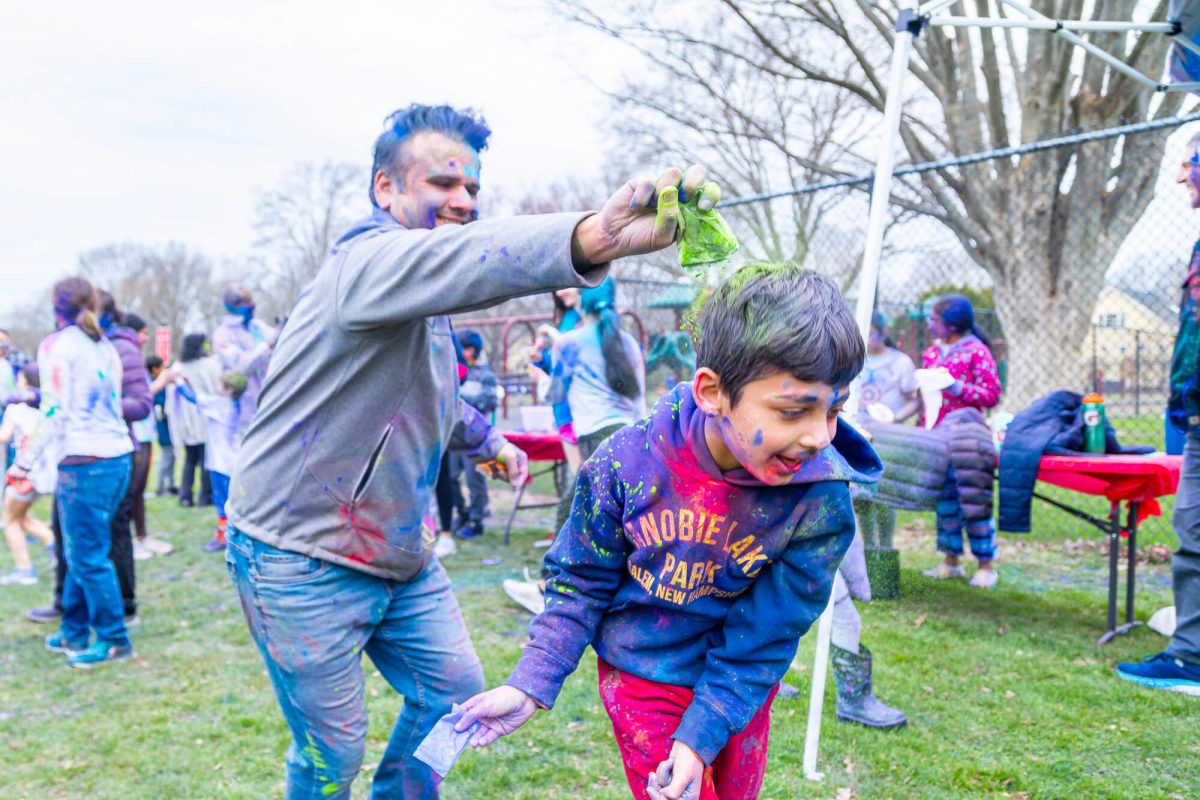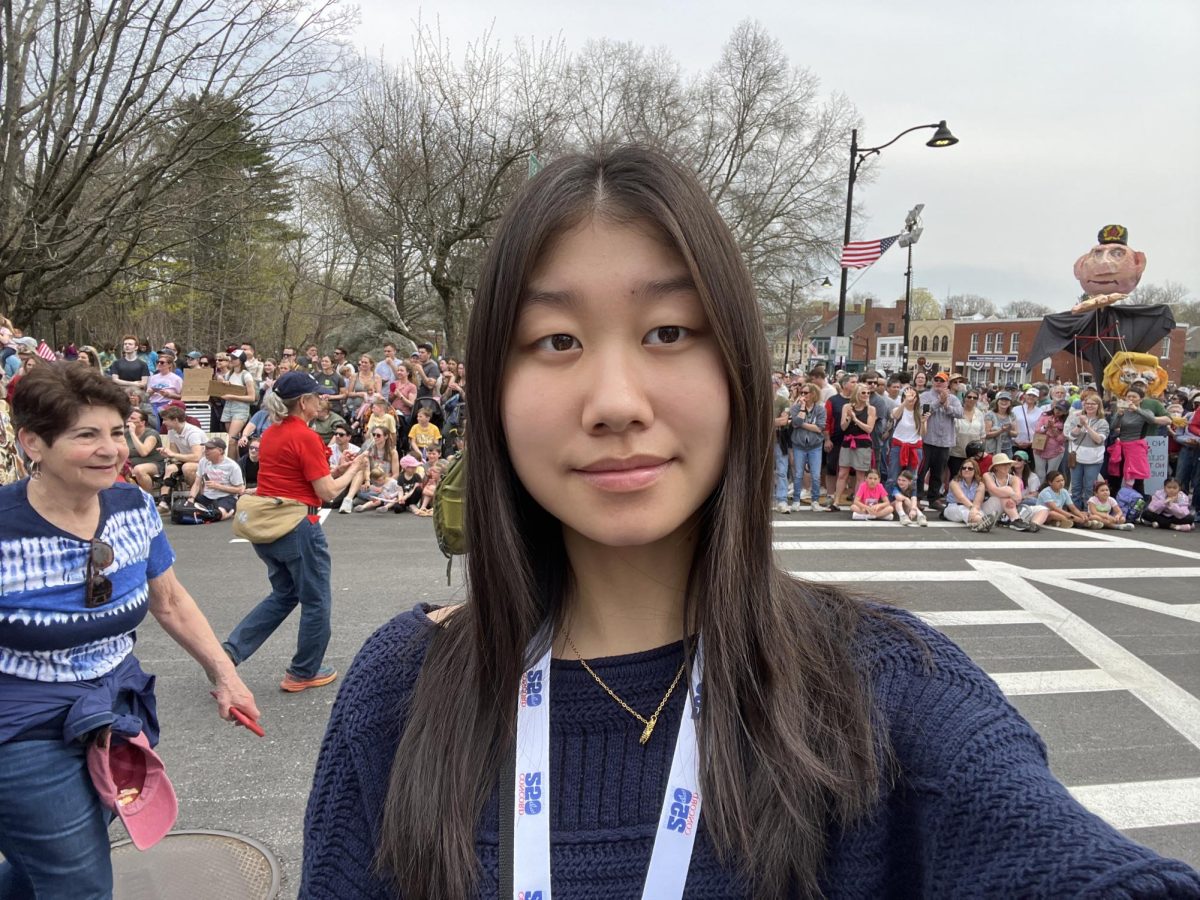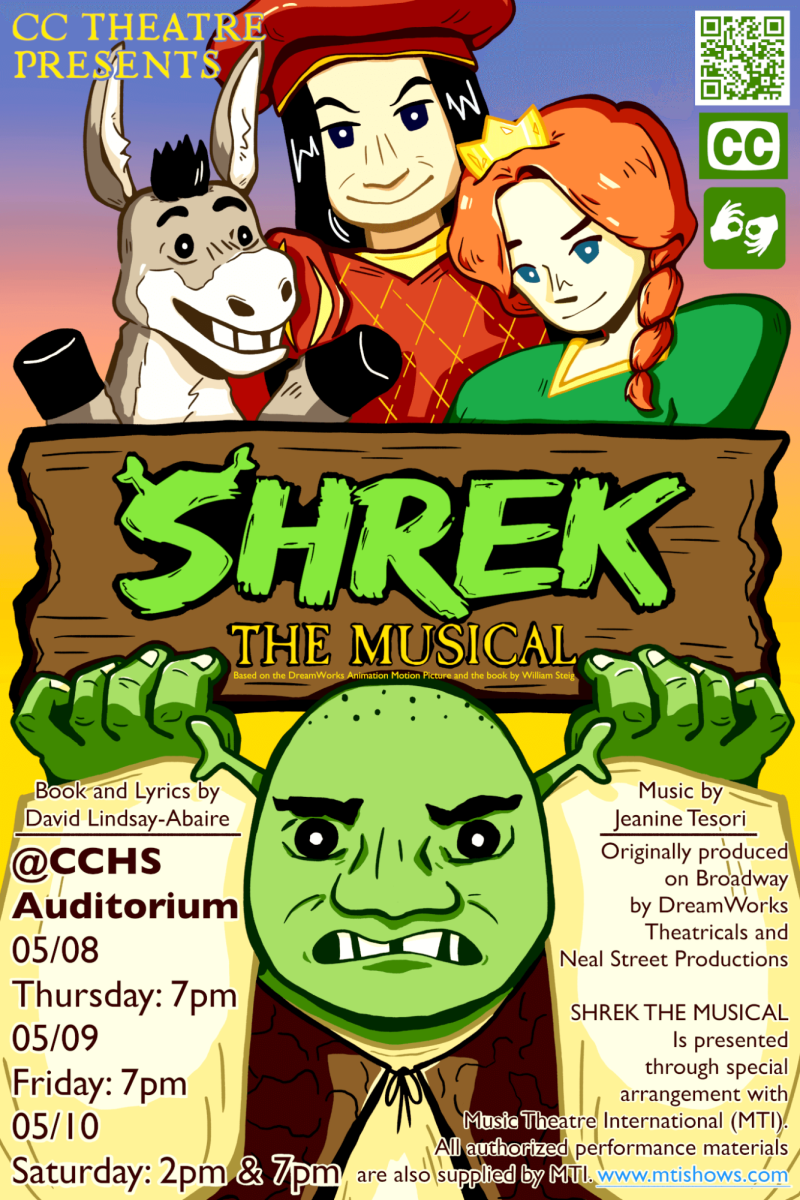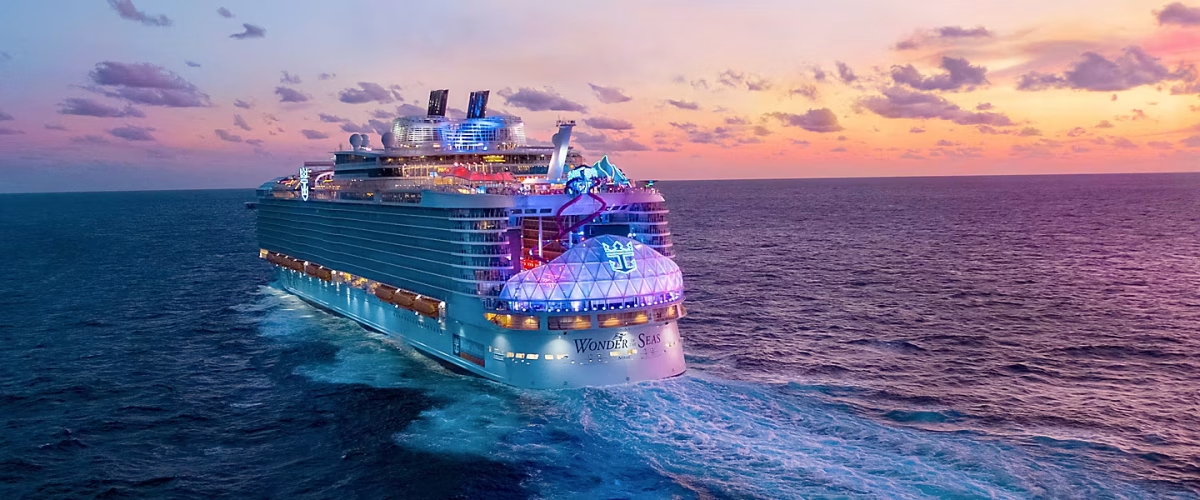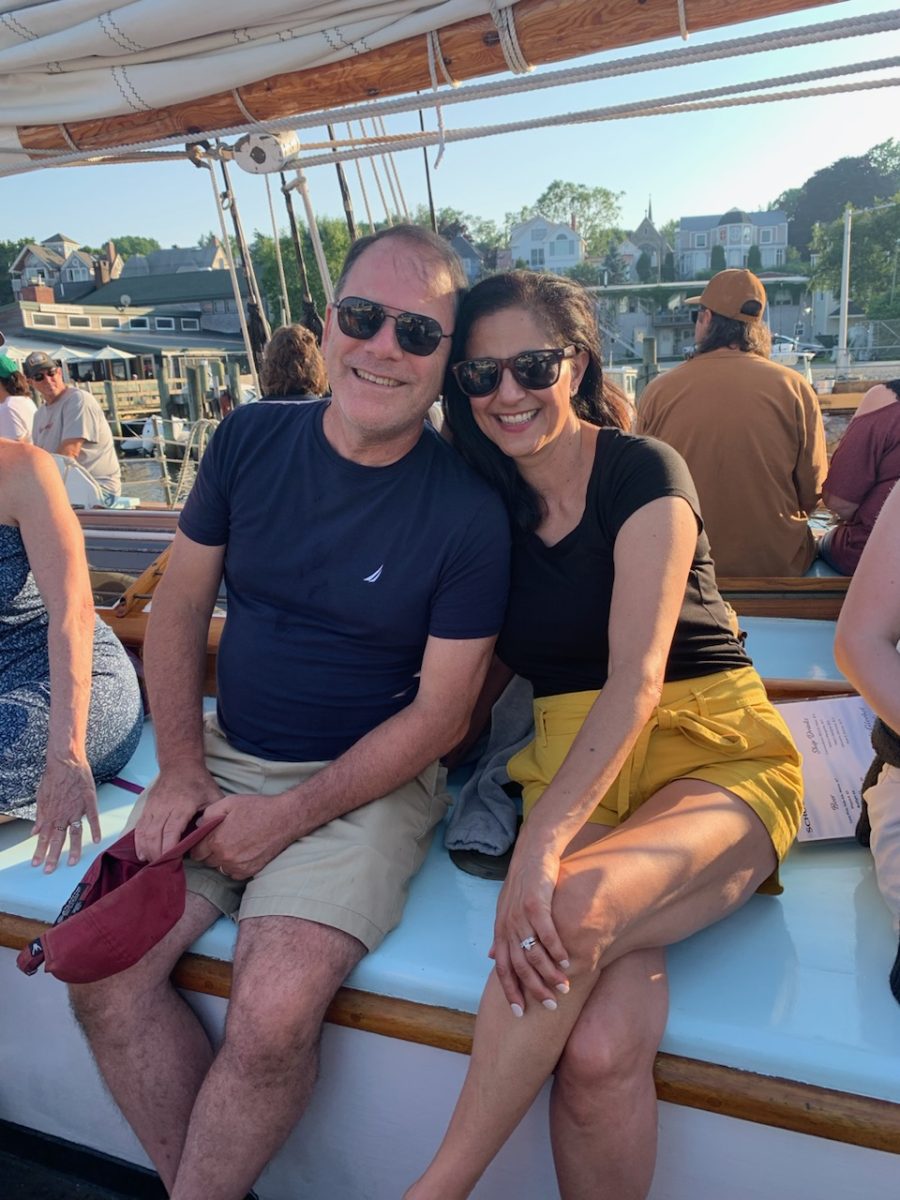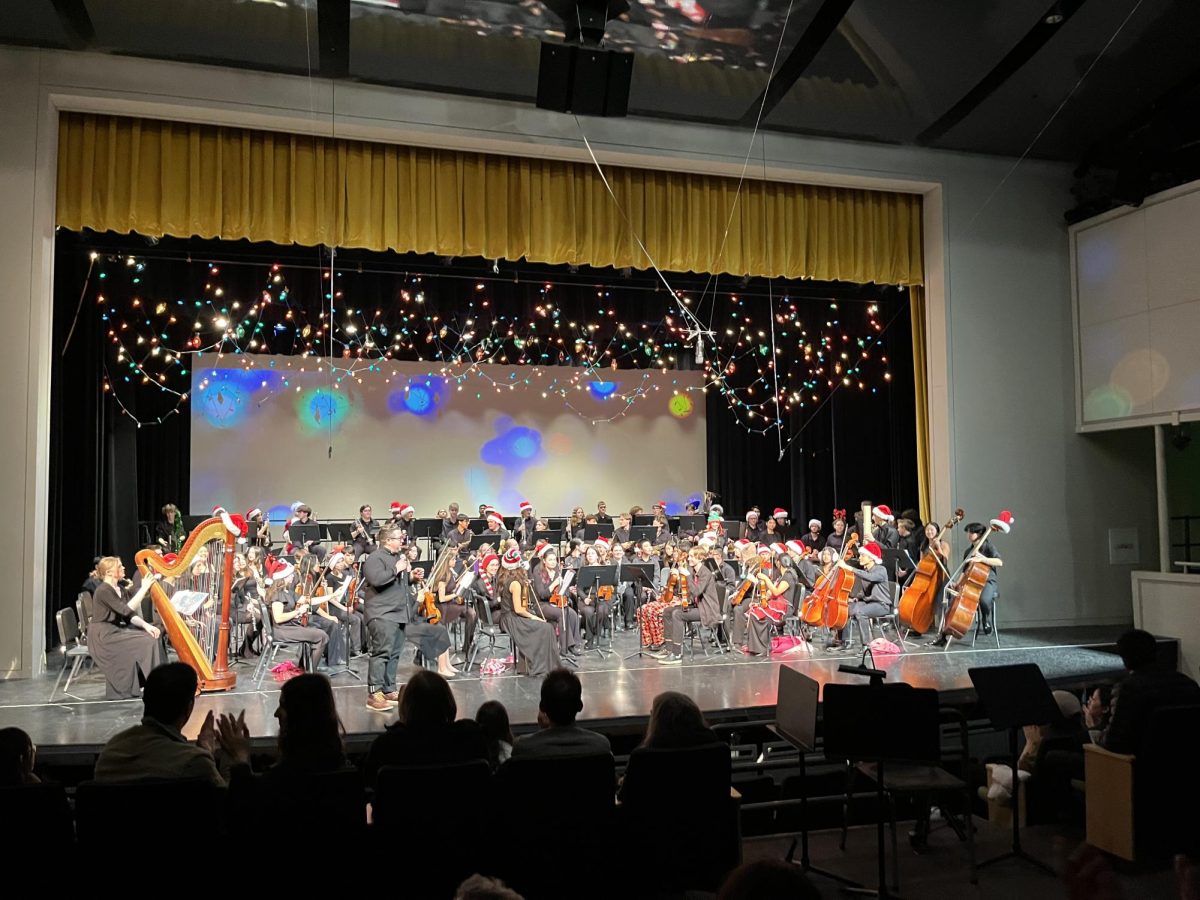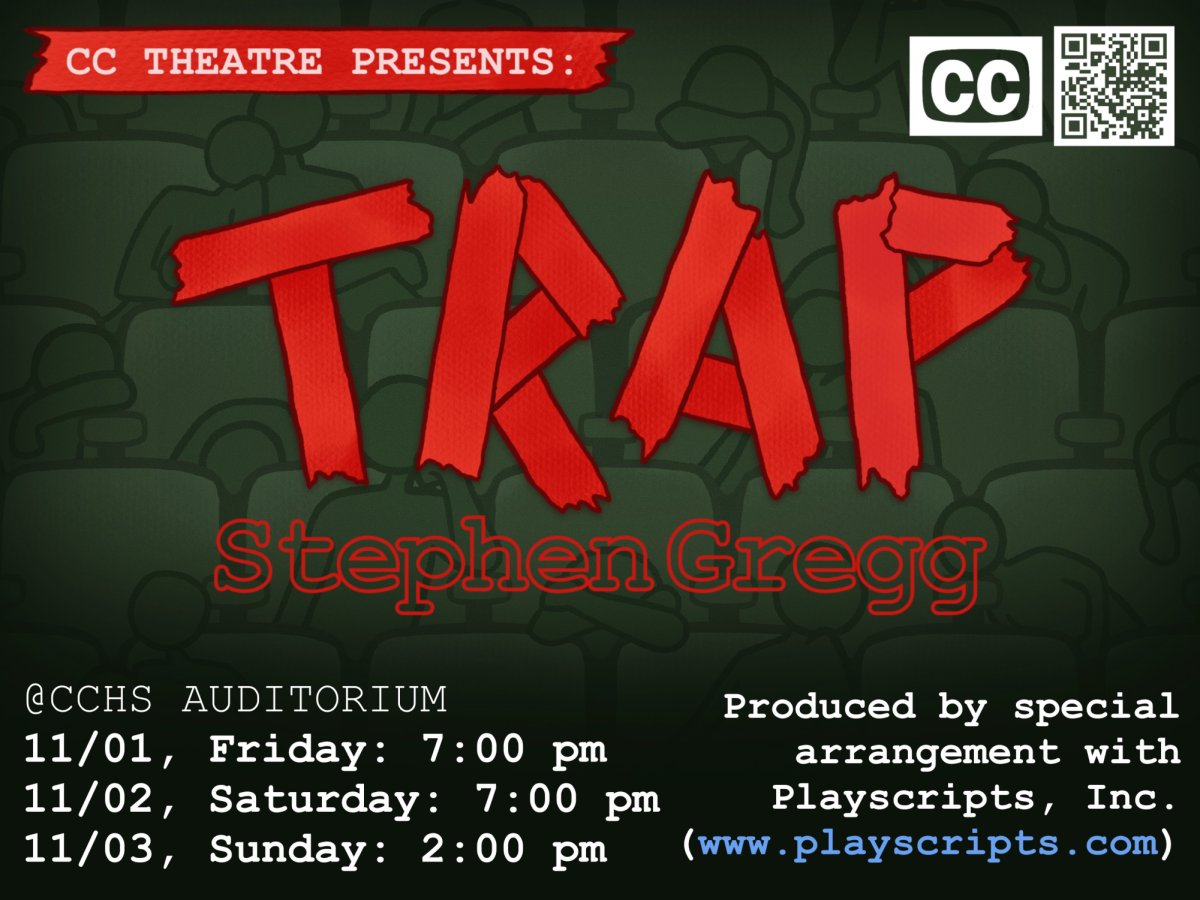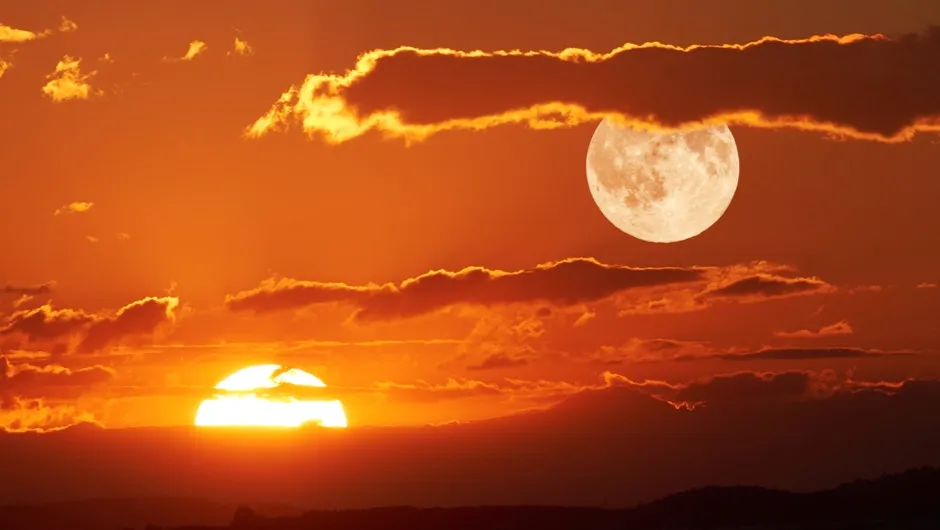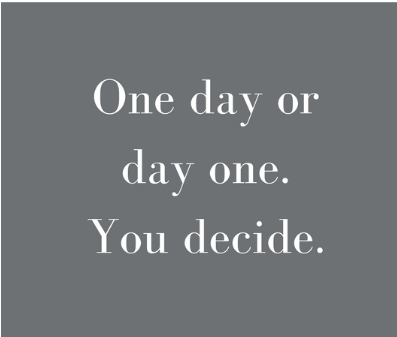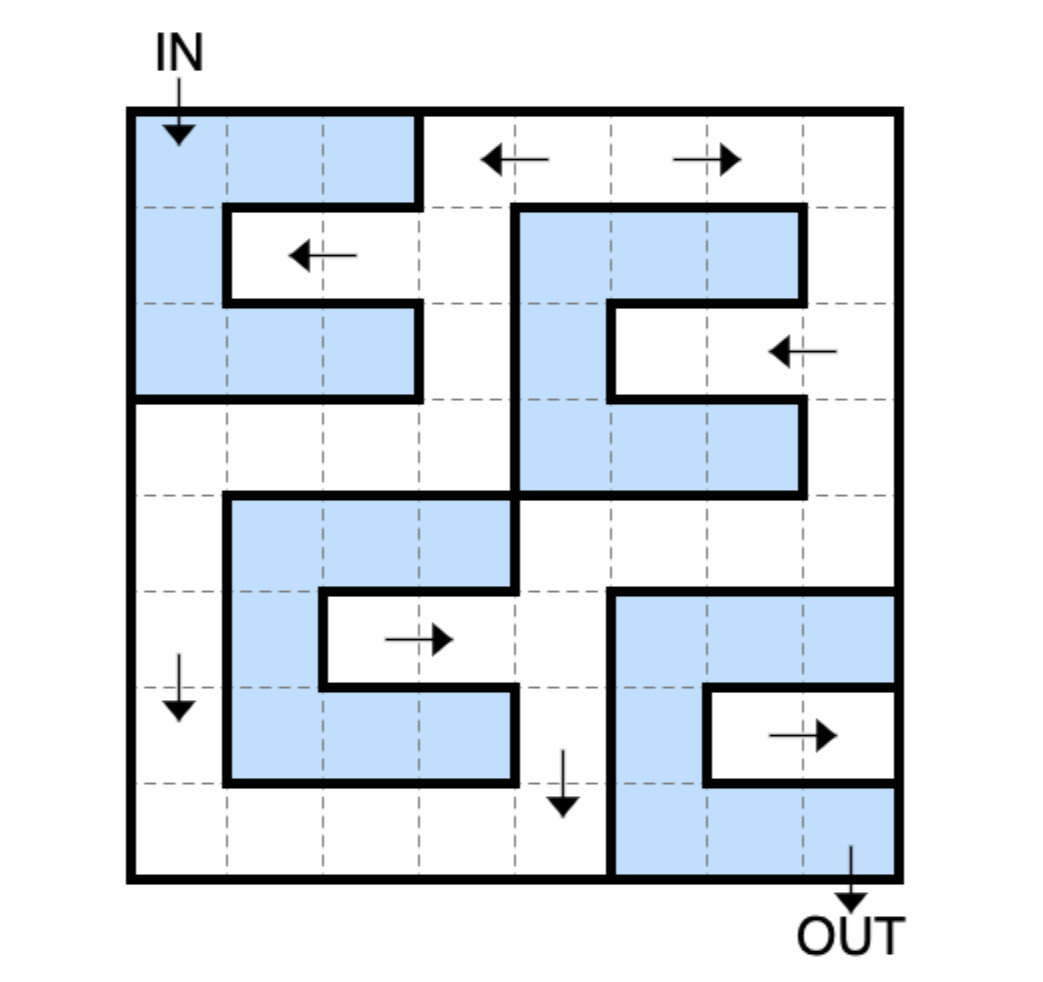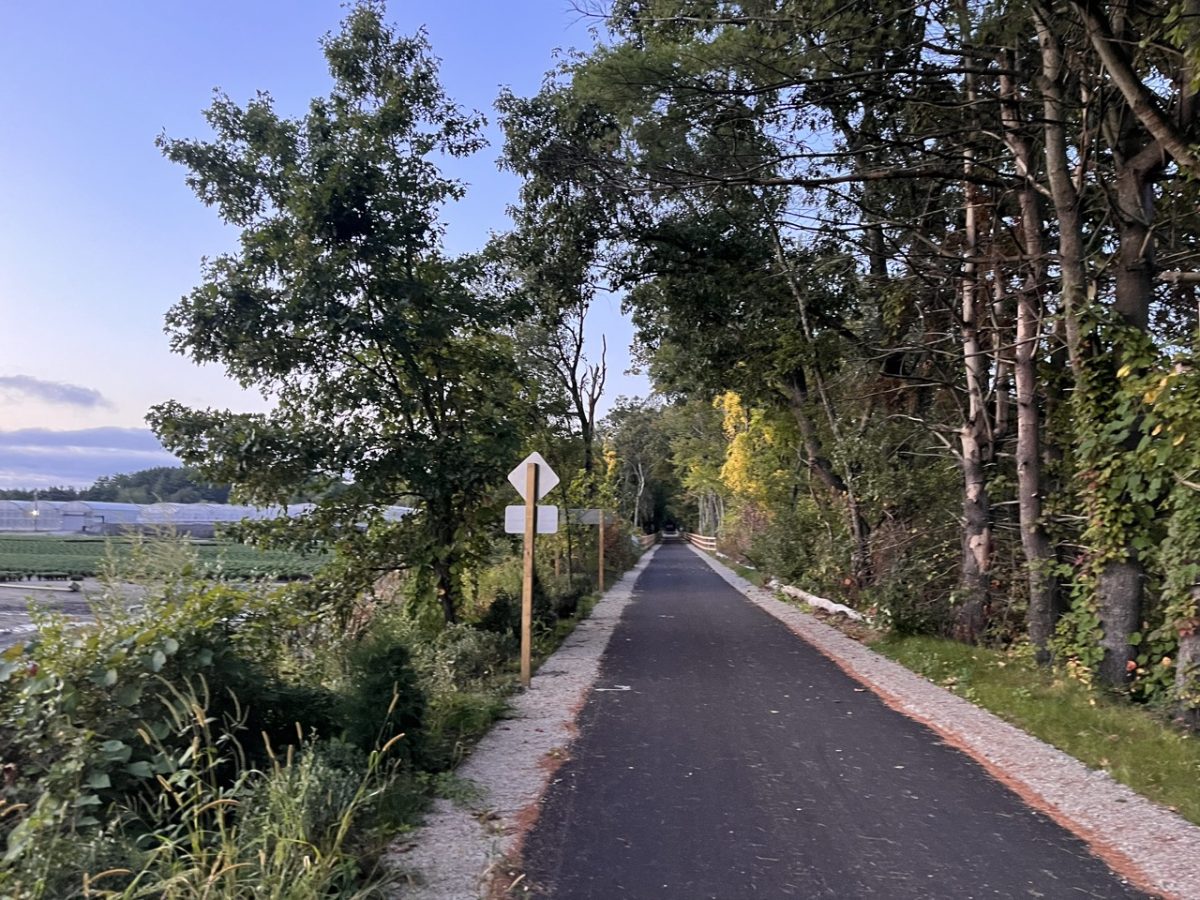This is one of two runner-up articles chosen from Mr. Patterson’s C Block Rhetoric class after a blind review by The Voice’s editors. Some minor edits have been made. Thank you so much and congratulations to all who submitted! We are so grateful to have had the opportunity to read your fantastic work, and we hope that you will continue writing!
Imagine this: Your life’s work is all thrown away instantly because one person feels offended by a minor action you have taken. Even after the fact, you don’t feel in the wrong for what you have done, but it is out of your control. Some stranger’s feelings are dictating your life. This may not even seem possible to you, but that is exactly what cancel culture is doing to thousands of people around the world.
While cancel culture is most recently starting to come to light now, in 2016, a horrific example of cancel culture presented itself. An actor, Antonio Sabato, Jr., found his life beginning to slip away after revealing his political beliefs to the world, something everyone should be entitled to their own opinion on. Sabato explained, “It was one of those moments where everything turned around in a matter of 24 hours against me. I had the most hate from people I even met, and people I did know in the industry” (Graham). Sabato was let go from all his acting roles, and his cancellation forced him to move out of state to start a new career, away from everything he had ever accomplished.
In addition to ruining the hardworking lives of adults, cancel culture has even more negative effects on those around us. A study on cancel culture among high schoolers has shown the negative effects that it has on their brains. Since the social aspects of our brains are still maturing in high school, the social rejection of cancel culture has been shown to light up the same parts of high schoolers’ brains as actual pain does. Therapists have found that this culture has led to depression and anxiety in teens, and in severe cases, teens have killed themselves after being canceled by their peers (Newport).
Cancel culture originated to protect our community’s values and beliefs. It originated as a form of laws and guidelines that were not meant to be crossed. However, while cancel culture started with positive intentions, it has been taken into the wrong hands. Cancel culture no longer protects the community but protects individuals’ feelings as long as they can receive enough views to spread their negative feelings toward others.
The detrimental effects of cancel culture are a real problem today. Between the negative impacts of this culture on teens and successful adults, it is time to put an end to this way of life. For those who believe in cancel culture, please consider the life you may be ruining before you cancel them. Imagine all the years they have spent constructing their lives, just for you to end it with a post of one video, simply because you have more followers than they do. How would you feel if that happened to you? And to those who do not believe in cancel culture, I ask that you help me spread the word. Stop cancel culture from taking place, and stick up for those who cannot protect themselves from this catastrophic act.
